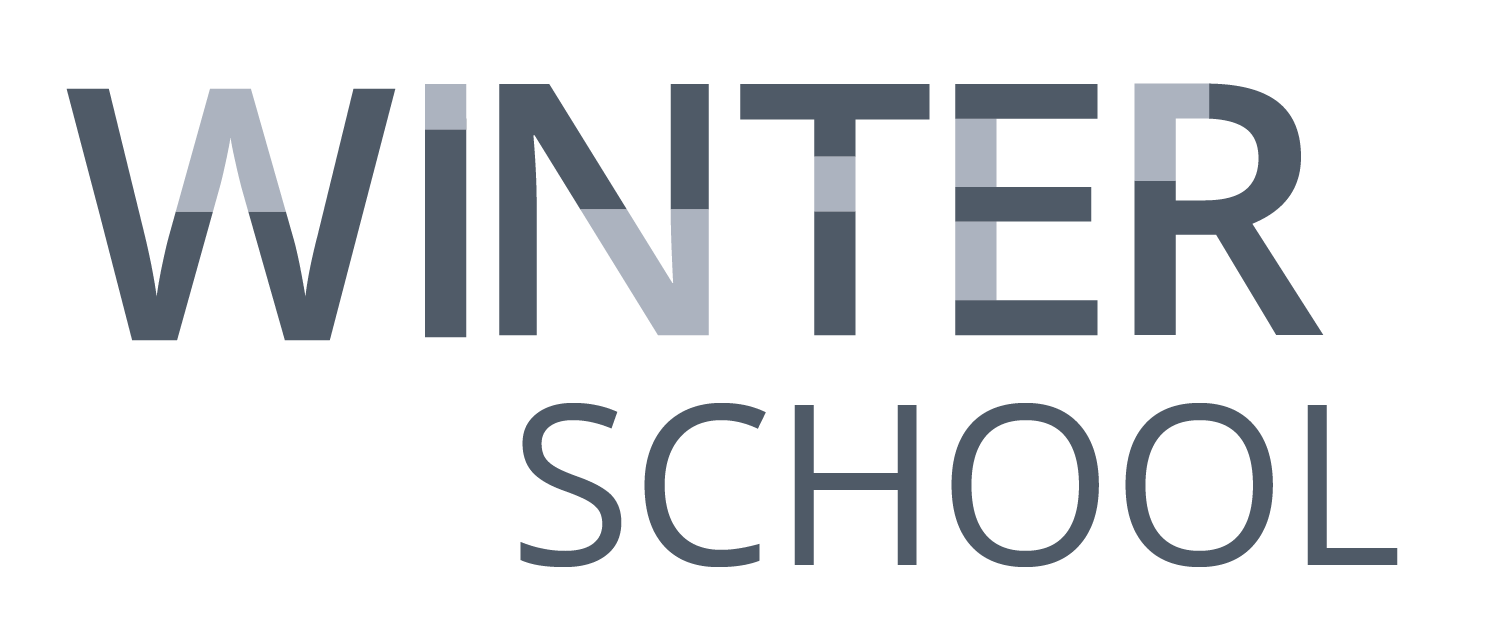[ms_accordion style=”simple” type=”1″ class=”” id=””]
[ms_accordion_item title=”Calendar” color=”” background_color=”” close_icon=”” open_icon=”” status=”open”]
Thursday, February 8, from 2:00 PM to 6:00 PM
[/ms_accordion_item] [/ms_accordion]
[ms_accordion style=”simple” type=”1″ class=”” id=””]
[ms_accordion_item title=”Objectives” color=”” background_color=”” close_icon=”” open_icon=”” status=”open”]
Artificial Intelligence (AI) appears as a transformative force in the XXI century, bringing forth a myriad of civilisational challenges spanning throughout ethical, technological, educational, sociological, and even democratic, domains.
This 4-hour workshop, featuring four expert speakers, aims to comprehensively explore and address these challenges, fostering a deep understanding of the implications and responsibilities associated with the advancement of AI.
In doing do, we aim to tackle these 4 dimensions in a multidisciplinary way:
a) Ethical Dimensions of AI:
– Delve into the ethical considerations surrounding AI development and deployment;
– Examine real-world case studies highlighting ethical dilemmas in AI applications.
– Discuss the delicate balance between fostering innovation in AI and ensuring ethical responsibility.
b) Technological Advancements in AI:
– Explore the cutting-edge technologies driving the evolution of AI.
– Investigate future trends and their implications on various sectors.
– Address the critical issue of bias and fairness in AI algorithms.
c) Educational Impact of AI:
– Assess the opportunities and challenges AI presents in educational settings.
– Explore strategies for integrating AI into curricula to enhance learning experiences.
– Consider the preparation of the workforce for an AI-driven future.
d) Sociological and Democratic Challenges:
– Analyse the impact of AI on social dynamics and its role in shaping communities.
– Discuss the democratization of AI, focusing on access, inclusivity, and ethical considerations.
– Address concerns related to privacy and civil liberties in the context of AI technologies. Participants will gain insights into the ethical considerations, technological advancements, educational implications, and broader societal and democratic impacts of AI.
[/ms_accordion_item] [/ms_accordion]
[ms_accordion style=”simple” type=”1″ class=”” id=””]
[ms_accordion_item title=”Teaching staff” color=”” background_color=”” close_icon=”” open_icon=”” status=”open”]







[/ms_accordion_item] [/ms_accordion]
[ms_accordion style=”simple” type=”1″ class=”” id=””]
[ms_accordion style=”simple” type=”1″ class=”” id=””]
[ms_accordion_item title=”Who is this programme for?” color=”” background_color=”” close_icon=”” open_icon=”” status=”open”]
Teachers, students, and professionals interested in AI, ethics, technology, education, and sociology. The workshop is designed for those seeking a comprehensive understanding of AI’s implications and challenges.
[/ms_accordion_item] [/ms_accordion]
[ms_accordion style=”simple” type=”1″ class=”” id=””]
[ms_accordion style=”simple” type=”1″ class=”” id=””]
[ms_accordion_item title=”Delivery Mode” color=”” background_color=”” close_icon=”” open_icon=”” status=”open”]
Hybrid (b-learning).
Working language: English
[/ms_accordion_item] [/ms_accordion]
[ms_accordion style=”simple” type=”1″ class=”” id=””]
[ms_accordion style=”simple” type=”1″ class=”” id=””]
[ms_accordion_item title=”Application” color=”” background_color=”” close_icon=”” open_icon=”” status=”open”]
Specific access conditions:
Health Professionals, researchers and higher education students in the areas of Health and Applied Sciences, who intend to develop or acquire skills in therapeutic dose adjustments for personalized medicine.
Selection criteria:
Candidates who meet the specific access conditions will be ordered by the order of application submission.
Fees
35€
25% discount for students enrolled in MEDCIDS doctoral, masters, specialization or advanced studies courses at MEDCIDS.
Collaborators and researchers from MEDCIDS – Department of Community Medicine, Information and Decision in Health or from CINTESIS – Center for Research in Health Technologies and Services, with connection to MEDCIDS – Free.
Exemption from fees requires the authorization of the MEDCIDS Director / CINTESIS Principal Investigator, up to a limit of 7 trainees.
Vacancies
Minimum 15
Application deadline
[/ms_accordion_item] [/ms_accordion]
[ms_accordion style=”simple” type=”1″ class=”” id=””]
[ms_accordion style=”simple” type=”1″ class=”” id=””]
[ms_accordion_item title=”Curricular Structure” color=”” background_color=”” close_icon=”” open_icon=”” status=”open”]
Duration
4 hours
[/ms_accordion_item] [/ms_accordion]
[ms_accordion style=”simple” type=”1″ class=”” id=””]
[ms_accordion style=”simple” type=”1″ class=”” id=””]
[ms_accordion_item title=”Programme” color=”” background_color=”” close_icon=”” open_icon=”” status=”open”]
Intended Outcomes:
– Understand the ethical considerations surrounding AI.
– Explore the latest technological advancements in AI.
– Assess the educational impact of AI and its implications in terms of curricular development and learning approaches.
– Analyse the broader sociological and democratic challenges posed by AI.
– Encourage critical thinking about the responsible development and use of AI.
Teaching Methodology:
-Interactive sessions with each speaker presenting on their respective topics.
– Panel discussions exploring interdisciplinary perspectives.
– Opportunities for participant engagement through Q&A sessions.
– Breakout sessions for in-depth exploration of specific challenges.
– Networking opportunities for participants to exchange ideas.
[/ms_accordion_item] [/ms_accordion]
[ms_accordion style=”simple” type=”1″ class=”” id=””]
[ms_accordion style=”simple” type=”1″ class=”” id=””]
[ms_accordion_item title=”Agenda” color=”” background_color=”” close_icon=”” open_icon=”” status=”open”]
1 – Introduction (5+15 minutes)
– Welcome and Registration
– Overview of Workshop Objectives
2 – Sub-session 1: Ethical Dimensions of AI (20 minutes) – Prof. Rui Nunes (FMUP)
– Defining AI Ethics: Principles and Considerations
– Case Studies: Ethical Dilemmas in AI Applications
– Balancing Innovation and Responsibility
3 – Session 2: Technological Advancements in AI (20 minutes) – Dr. Rui Grilo (Microsoft)
– Cutting-edge AI Technologies: A Snapshot
– Future Trends and Implications
– Addressing Bias and Fairness in AI Algorithms
4 – Break (20 minutes)
– Networking Opportunity
– Refreshments
5 – Session 3: Impact of AI in Healthcare and Research (20 minutes) – Prof. Rui Amaral Mendes
– AI in Healthcare Education: Opportunities and Challenges
– Integrating AI into Curricula
– Preparing the Workforce for an AI-Driven Future
6 – Session 4: Sociological and Democratic Challenges (20 minutes) – Prof. Viriato Soromenho Marques
– AI and Social Dynamics: Shaping Communities
– Democratising AI: Access and Inclusivity
– Addressing Privacy Concerns and Civil Liberties
7 – Breakout sessions (30+30) – Prof. Tiago Jacinto e Prof. Rafael Vieira
8 – Panel Discussion and Q&A (25+20 minutes) – Prof. Ivone Duarte
– Moderated Panel Discussion with All Speakers
– Audience Q&A Session
9 – Closing Remarks and Key Takeaways (15 minutes) – Prof. Ivone Duarte
[/ms_accordion_item] [/ms_accordion]



